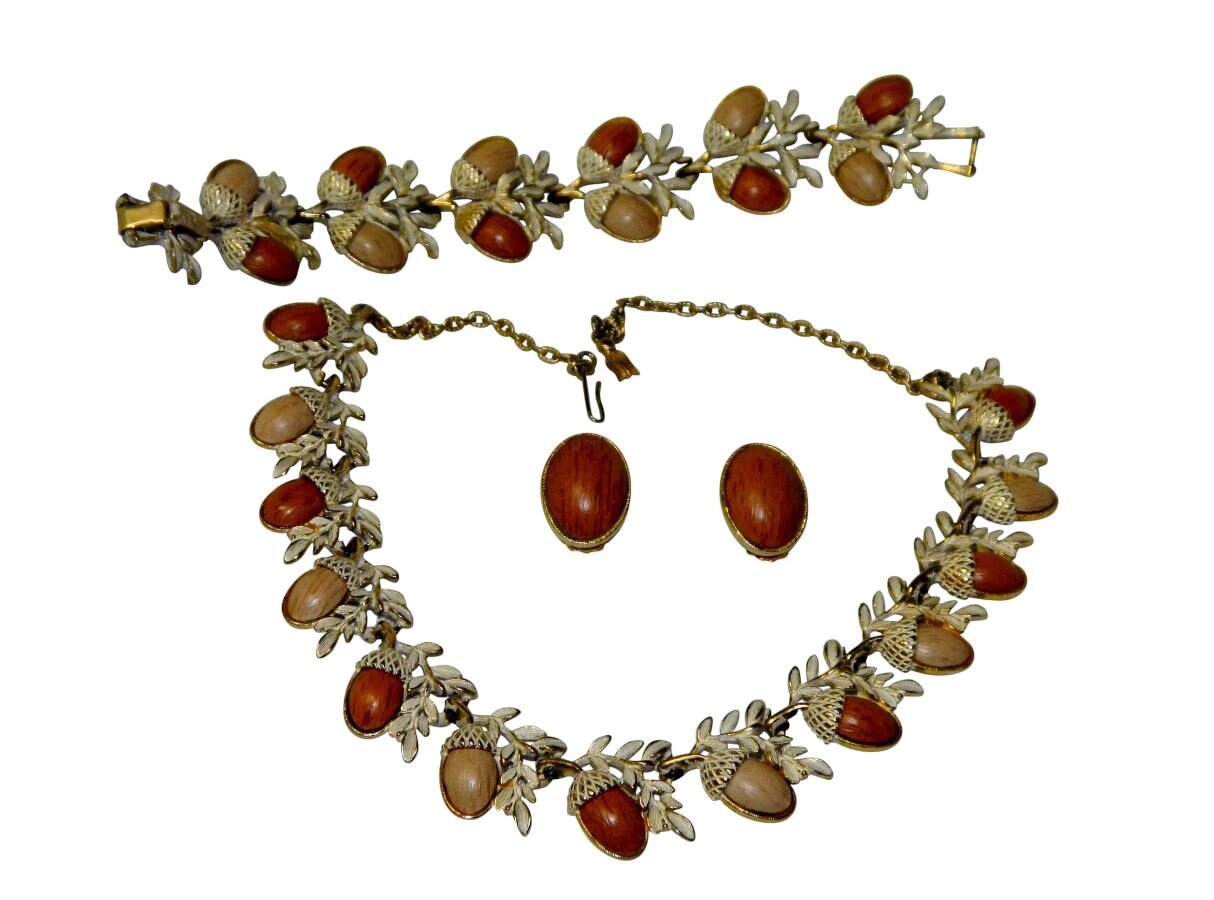Lucky Acorns
Acorns, the hard-shelled seeds of the mighty oak tree, have long been symbols of potential and strength. In many cultures, they are also seen as emblems of good fortune and prosperity. The oak tree itself is often associated with endurance and longevity, qualities that are naturally imparted to its seeds. The acorn, as a seed, is a promise of new life and growth, embodying the potential for greatness that lies within small beginnings.
In ancient times, acorns were worn or carried by Druids—Celtic spiritual leaders who regarded the oak tree as sacred. They believed that the acorn held divine energy, passed down from the mighty oak, and that carrying one could sharpen intuition, invite prosperity, and provide strength in times of uncertainty.
Among the Norse, as mentioned before, the acorn was tied to Thor, the thunder god. Because oak trees were believed to attract lightning, people began placing acorns on windowsills or near doorways to ward off storms and protect the home. In this sense, the acorn became a kind of natural lightning rod for fate—absorbing what might otherwise cause harm.
During the Victorian era, acorns found their way into mourning jewelry and lockets, often carved from jet or amber. These miniature acorns were kept close to the body, symbolic of life continuing even in the shadow of death. The Victorians also believed that acorns brought youthfulness and vitality, and they were sometimes sewn into clothing or slipped into satchels as charms for health and longevity.
Sailors, too, carried acorns when they went to sea—often carved from wood or silver—believing they would keep them safe from drowning. In some traditions, women hoping for fertility would tuck an acorn beneath their pillow or wear one on a chain around the neck, hoping it would bring life into being just as the oak emerges from soil and shadow.
Even today, small acorns—real or fashioned in gold, silver, or stone—are still gifted to mark new beginnings: a graduation, a housewarming, a fresh chapter. To give an acorn is to say, "May your roots run deep, and your future stretch high."
The acorn’s journey from a tiny seed to a towering oak is also seen as a metaphor for personal growth and achievement. It reminds us that every grand achievement begins with a small step; every oak tree starts as an acorn. This symbolism encourages patience and faith in the process of growth, suggesting that perseverance will lead to success and good fortune.
One might say that the humble acorn teaches us to honor our beginnings, no matter how modest they may seem. It tells us that within each of us lies the potential for greatness, and with care and luck, we can achieve it. So, the next time you come across an acorn, remember that it is more than just a seed—it’s a symbol of the prosperity and good fortune that awaits us all.
This acorn pendant necklace was made by Ricky (Boscarino) of Luna Parc.
Fairies are said to live in oak trees, and use the tops of acorns as little hats.







